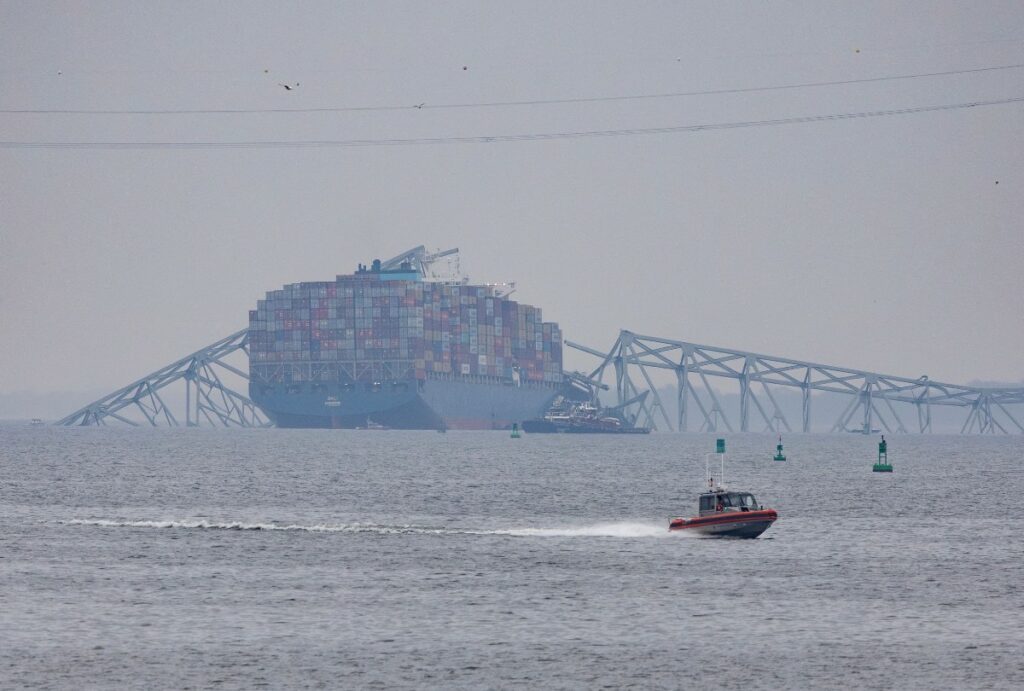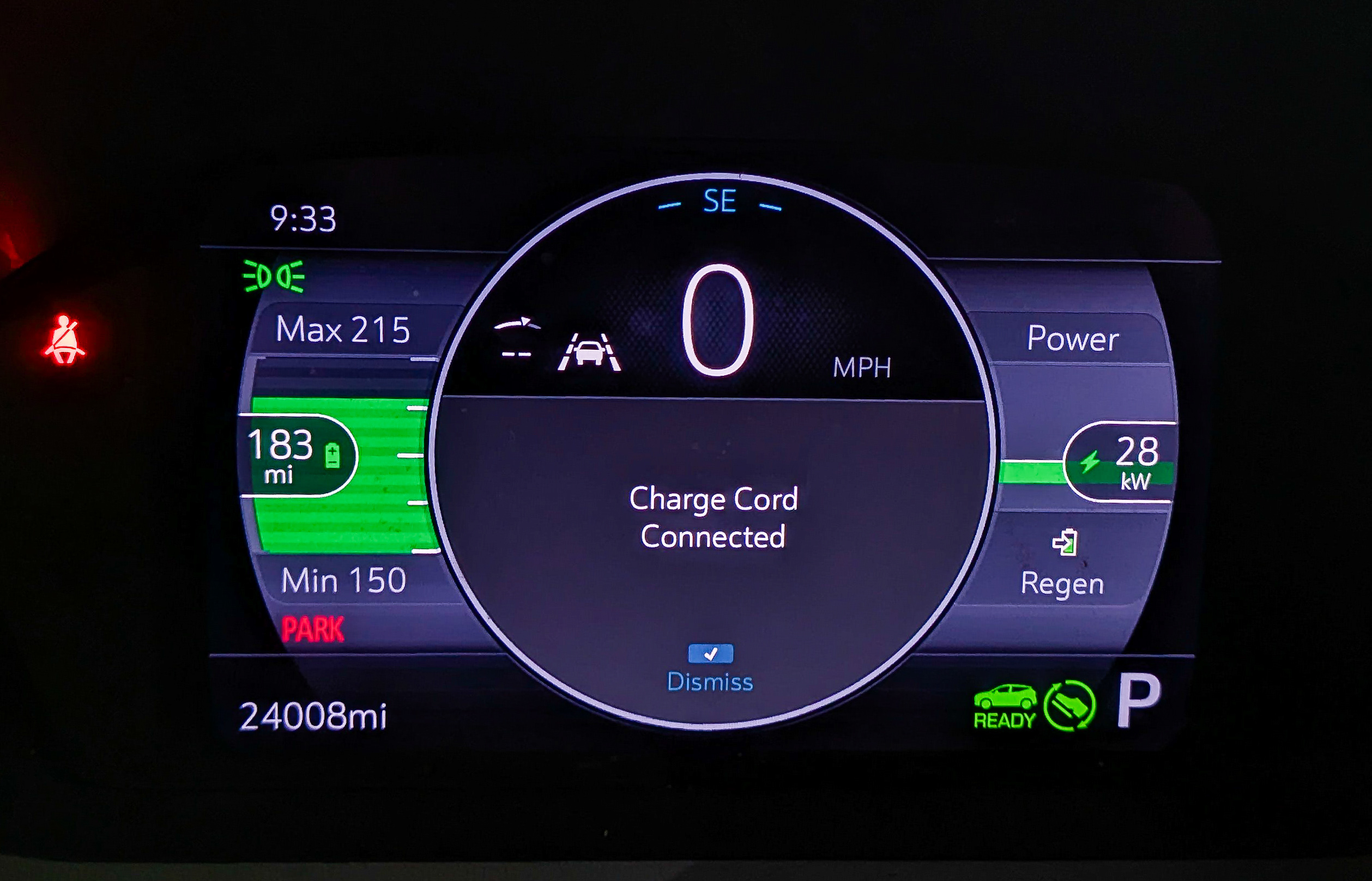
NEW YORK, March 27 (Reuters) – Fuel suppliers in Baltimore will face some trucking delays and other minor logistical issues after the collapse of a major bridge earlier this week shut the city’s port indefinitely, market participants said on Wednesday.
A cargo ship smashed into the Francis Scott Key Bridge on Tuesday, causing parts of the bridge to collapse into shipping lanes at the mouth of the Port of Baltimore, and putting one of the busiest ports on the U.S. East Coast out of service.
The bridge’s collapse adds delays to fuel deliveries that will last several months, as fuel trucks that earlier used the bridge will now have to drive farther to deliver their loads, fuel supplier Mansfield said on Tuesday.
“Longer routing means fewer deliveries can be made per day per truck, tightening local freight capacity,” Mansfield said.
A five-mile journey on the collapsed bridge is now an over 15-mile journey on alternative routes, Gasbuddy.com analyst Patrick De Haan wrote on Tuesday.
Baltimore’s primary fuel supplier, the 5,500 mile long Colonial pipeline, has also made adjustments to manage an uptick in demand to ship refined products on its Line 32 section. The small section picks up gasoline, diesel and jet fuel from Colonial’s Dorsey Junction station in Maryland, and delivers them into the Curtis Bay terminal in the Baltimore port area.
On Wednesday, Colonial issued an allocation notice to shippers on Line 32, indicating fuel deliveries will be pro-rated from April 9 and 16. A freeze notice on Tuesday informed shippers that no more nominations will be taken for Line 32 deliveries prior to April 9.
“The allocation indicates that nominations from shippers exceed our capacity to ship on the following five-day cycle,” a company spokesperson said. “Our system continues to operate normally,” the spokesperson added.
Currently, the port closure primarily impacts U.S. coal exports and reduces bunker fuel usage, the Energy Information Administration said on Wednesday.
Although the Port of Baltimore is not a major hub for waterborne fuel imports, some gasoline and diesel cargoes typically land there around this time of the year as domestic fuel demand increases, data from ship tracking service Kpler showed.
Any imports previously going to Baltimore can be delivered to Philadelphia or Norfolk and trucked into the Baltimore market from there, said Steven Barsamian, chief operating officer at The Tank Tiger, a U.S. terminal storage clearinghouse.
A prolonged closure of the port could impact barge imports of ethanol from other East Coast markets to the region, which in turn would affect gasoline markets, De Haan said on Wednesday. Ethanol is a biofuel which must be blended into conventional gasoline for it to meet environmental regulations.
“In the near-term, ethanol stocks in the region should provide enough of a buffer, but potential concerns could arise if the port is shut for months,” De Haan said. He expects an increase in demand to move ethanol to Baltimore via rail over the coming weeks.
Share This:


